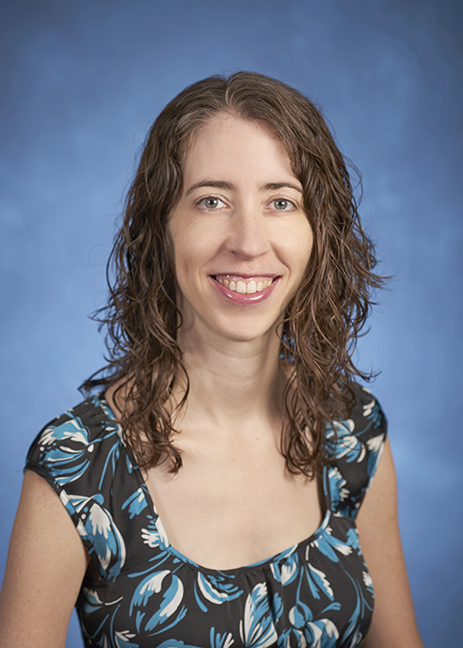
Erica Frankenberg, professor of education (educational leadership) and demography, director of the Center for Education and Civil Rights, and an associate in the University's Population Research Institute, jumped 76 places to rank 87th in this year's Rick Hess Straight Up (RHSU) Edu-Scholar Public Influence Rankings. Frankenberg has been on the list every year since 2015.
With busing and school desegregation being key topics in the Democratic presidential debates last summer as well as in communities around the country, Frankenberg found herself in the spotlight, being interviewed and quoted in national news outlets as an expert on those subjects.
In the last year, media has featured her research on racial desegregation and inequality in K-12 schools; the connections between school segregation and other metropolitan policies; the extent of school segregation today; and the connection between school and housing segregation. Her work helped to inform a number of stories published by national news outlets including The New York Times, The Washington Post, PBS News Hour, LA Times, Associated Press, PolitiFact and 1A, among others. She also has been a guest on talk radio programs to talk about school segregation and why it matters: the WVON 1690 Midday Show with Perri Small and "The Santita Jackson Show" on WCPT820/Chicago's Progressive Talk.
By infusing her research into the public debate, Frankenberg hopes to help bring a better level of understanding to these complex issues, and to help inform potential solutions.
"I hope it causes writers, readers, leaders, educators and parents to all think more carefully about school desegregation and policies that could change the patterns that exist," Frankenberg said.
For more information about Frankenberg's work, visit the Center for Education and Civil Rights website at https://cecr.ed.psu.edu/ online.
The rankings, published in Education Week, list the university-based scholars in the United States who are identified as doing the most to shape educational practice and policy. They reflect, in roughly equal parts, the influence of a scholar's academic scholarship and their influence on public debate as reflected in old and new media. The rankings employ nine publicly available metrics: Google Scholar, Book Points, Highest Amazon Ranking, Syllabus Points, Education Press Mentions, Web Mentions, Newspaper Mentions, Congressional Record Mentions and Twitter Score.
With more than 20,000 university-based faculty members in the United States who might qualify, simply being included in this list of 200 scholars is an accomplishment. The list includes the top 150 finishers from last year, as long as they accumulated at least 10 "active points" in last year's scoring. These are augmented by "at-large" nominees chosen by the 29-member selection committee, a disciplinarily, methodologically and ideologically diverse group of accomplished scholars. All committee members had automatically qualified for this year's rankings. Information about the scoring process can be found on the Education Week website.